-
Through the Aluminum extrusions provided by ANHUI Aluminum, customers can achieve highly customized solutions. The Aluminum extrusions treated with anodized oxidation not only offer a diverse range of colors and surface finishes but also enhance the market competitiveness of the products. We SHENGXIN Aluminum are consistently regarded as the preferred partner in projects requiring Aluminum extrusion profile solutions. By choosing us, you will receive exceptional Aluminum extrusion products and professional technical support.
-
Aluminum Extrusion Processing
Shengxin Aluminum specializes in aluminum extrusion processing, offering a wide range of aluminum extrusion shapes, including custom aluminum extrusions and aluminium extrusion profiles. Our comprehensive services cover cutting, drilling, bending, and surface treatment, making us a leading choice for diverse projects requiring aluminum extrusion solutions.
-
Shengxin Aluminum is committed to providing high-quality aluminum profile solutions to customers, ensuring that each aluminum profile meets industry standards. Powder Coating is widely used for the protection and enhancement of aluminum extrusions. Aluminum extrusion profiles treated with Powder Coating are extensively utilized in both interior and exterior decoration, as well as in corrosion-resistant applications.
-
As an industry-leading aluminum manufacturer, Shengxin Aluminum focuses on providing a diverse range of aluminum extrusion profile solutions. We utilize a unique Wood Grain Aluminium surface treatment technology that not only preserves the lightweight and durable characteristics of aluminum extrusions but also offers the aesthetic appeal of natural wood grain. Shengxin Aluminum's solutions will help you stand out in the market.
-
Shengxin Aluminum specializes in providing high-quality aluminum CNC machining services and customized aluminum extrusion products. We ensure that every aluminum extrusion is precisely tailored to meet your project requirements. With advanced CNC machining technology, our aluminum profiles deliver exceptional performance, enhancing market competitiveness across various industrial applications. The professional team at Shengxin Aluminum is dedicated to providing you with the highest quality services and solutions.
-
Custom Hardware for Aluminum Windows and doors Manufacturer
Specialists in hardware for aluminum windows and doors design and manufacture - Factories in China
Anhui Shengxin aluminium manufacturer was established in 2003. It's an import and export enterprises with production, research and development, domestic and foreign sales. We produce and develop the door and window accessories, including roller, handle, lock, corner, hinge, rubber strip, brush strip and any other accessories. We have been dedicated to providing cost-effective and high-quality accessories to the door and window One-stop purchase in the worldwide. Our products are exported to South America, North America, Russia, Europe, Africa, Southeast Asia, India and other 30 countries and regions in the world.
If you have any demand for aluminum hardware accessories, please send your inquiry to sales@sxalu.com
-Your business relationship with us will be kept confidential from any third party.
-Provide good after-sales service, if you have any questions, we'll come back as soon as possible.
-We firmly believe that Shengxin is your most loyal and trusted cooperation partner on the road to success.
Hinges are a distinctive part of all opening systems,the main of which is their load capacity.
Usually hinges have a cylindrical shape and are available in most popular colours of powder coating and anodising.A key characteristic is their certification for durability and corossion resistance.
Locks provide security and functionality to systems. In the aluminium industry, the term "lock" is mainly used for doors and sliding systems. In tilt & turn and lift & slide systems the "locks" are known as "mechanisms".
Roller locks can be used for easy access from the outside without the need of a key.
The handles are the only single point of touch with the aluminium system. The handle gives life to the rest of the system accessories, which provide its functionality. Thus, the handle is a very important part of the system.
According to the application, handles are divided in window, door and lift&slide types.
The handles are available in all popular colors in powder coating and anodising. Also, special colours are available upon request.
-
Especially the 5500T extrusion line, it is the one of the largest production line in east China
-
Shengxin Aluminum is dedicated to producing and manufacturing Slim Aluminium Profiles that maximize space savings while providing strength. These aluminum extrusion profiles ensure that each aluminum profile is both slender and robust, meeting the market's demand for aesthetically pleasing lightweight aluminum extrusions. By partnering with us, you will receive high-performance aluminum profiles and professional technical support, enjoying a one-stop solution for your needs.
-
Our aluminum bumper beams deliver lightweight yet durable protection for modern vehicles. Compared to traditional steel, they offer superior corrosion resistance and contribute to improved fuel efficiency. We supply high-quality aluminum bumper reinforcements compatible with popular models, including Tesla Model 3 and Model Y; Honda Civic, CR-V, and Accord; Toyota RAV4, Camry, and Corolla; as well as Chevrolet Malibu. If you are looking for a trusted aluminum bumper beam manufacturer in China, contact us for customized solutions and reliable worldwide export services.




 English
English français
français Deutsch
Deutsch русский
русский español
español português
português العربية
العربية ไทย
ไทย Việt
Việt Українська
Українська














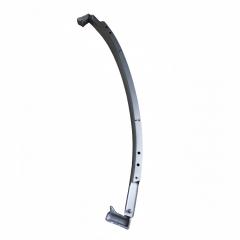
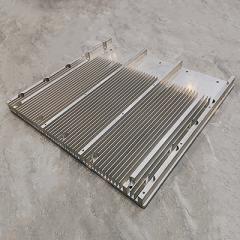
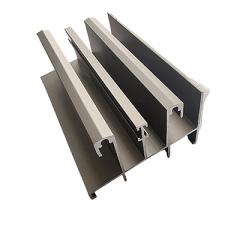
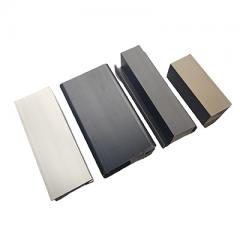
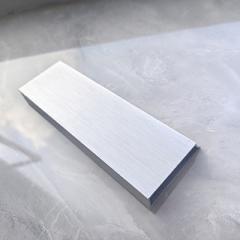
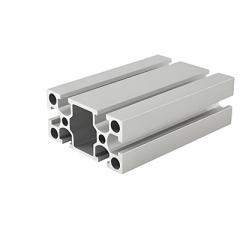
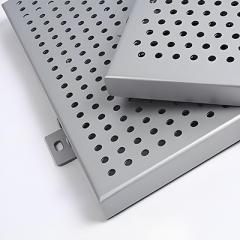
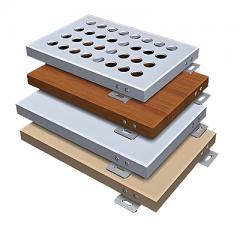

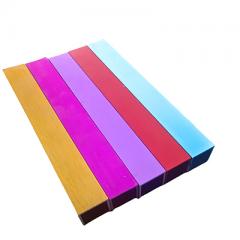
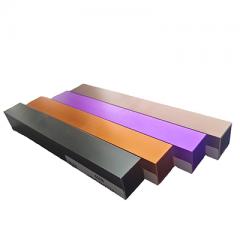
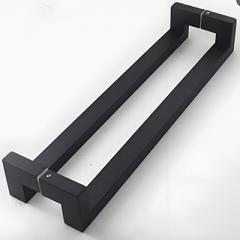




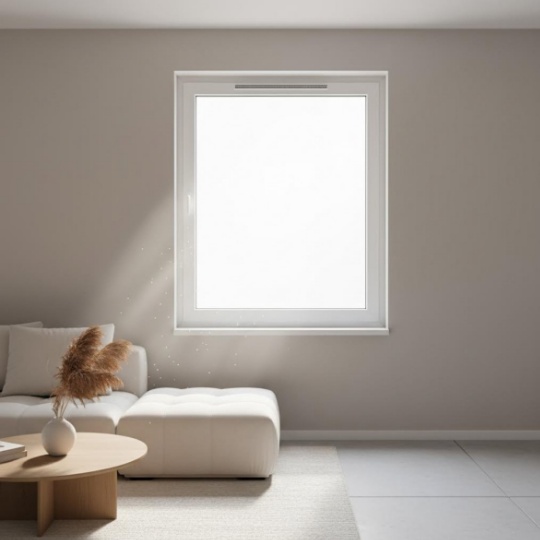

 online service
online service

